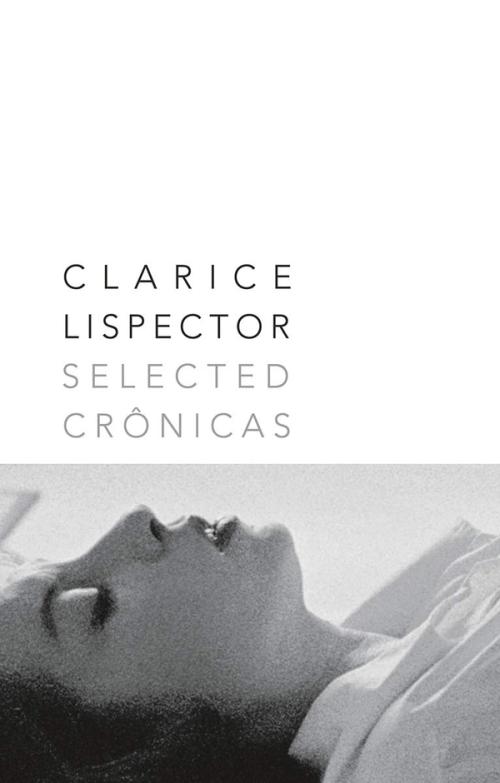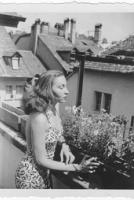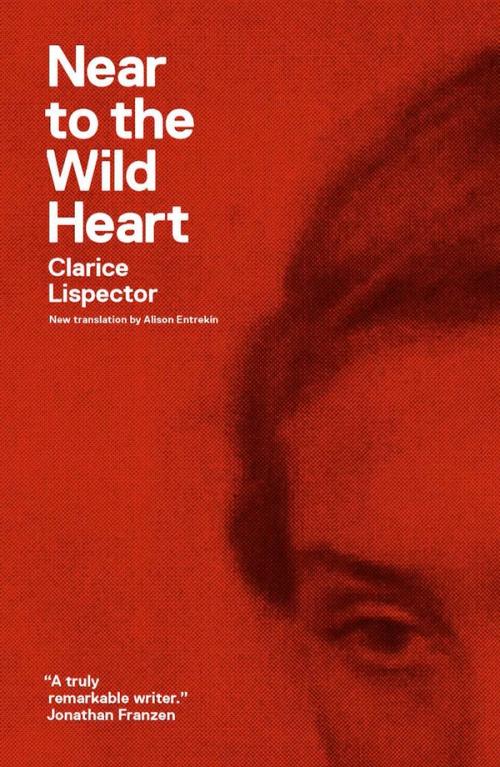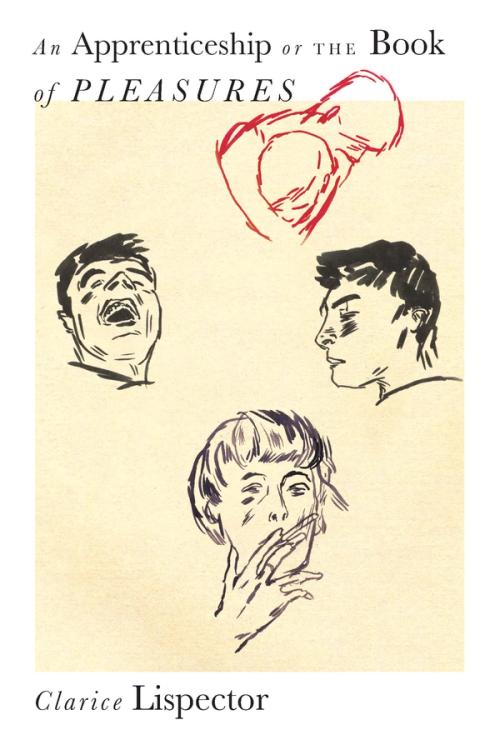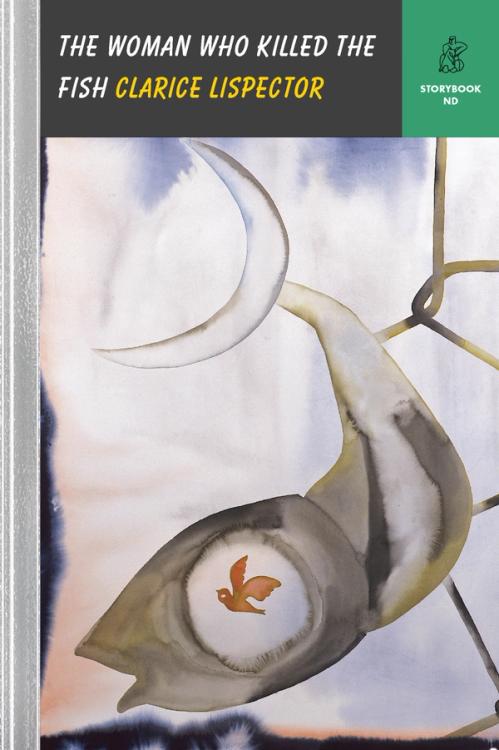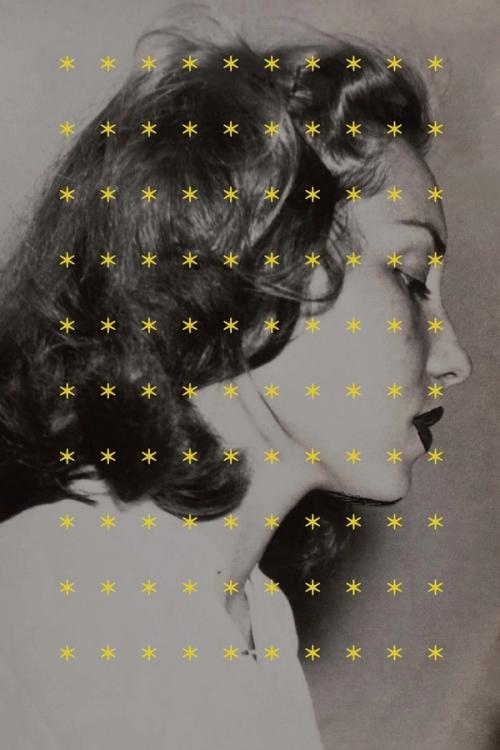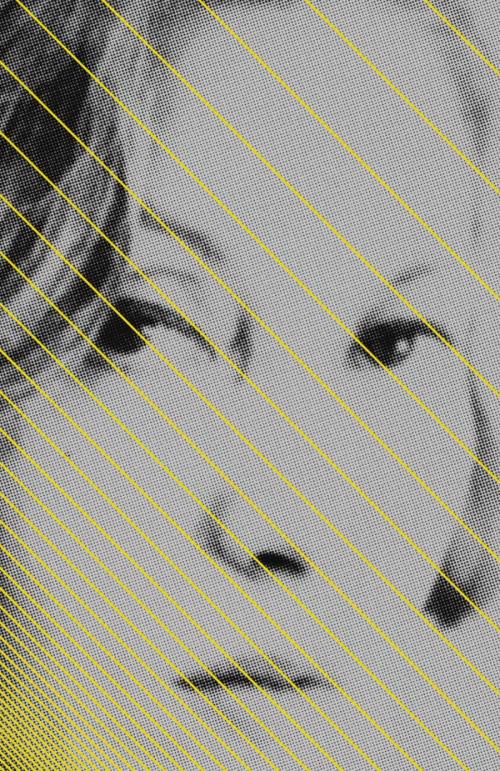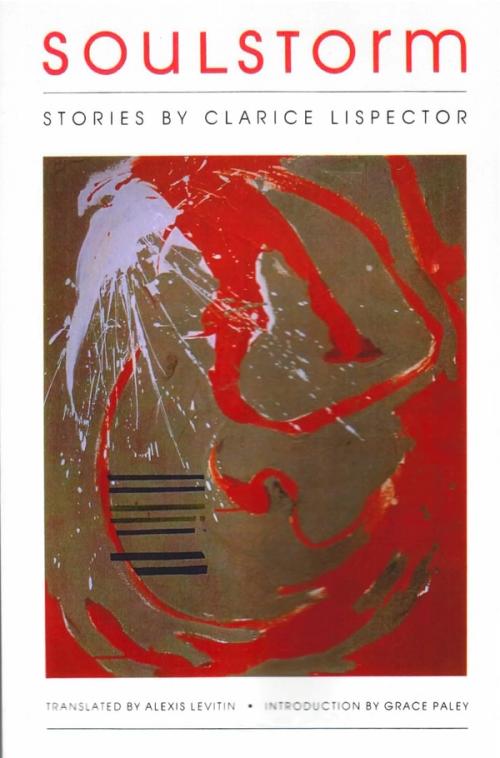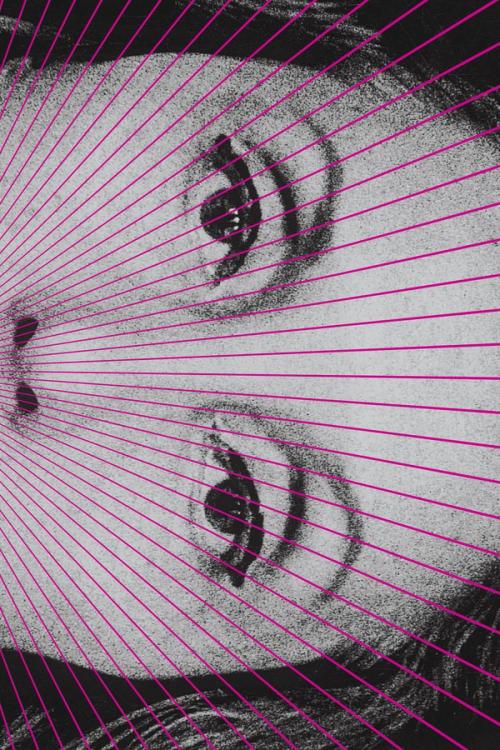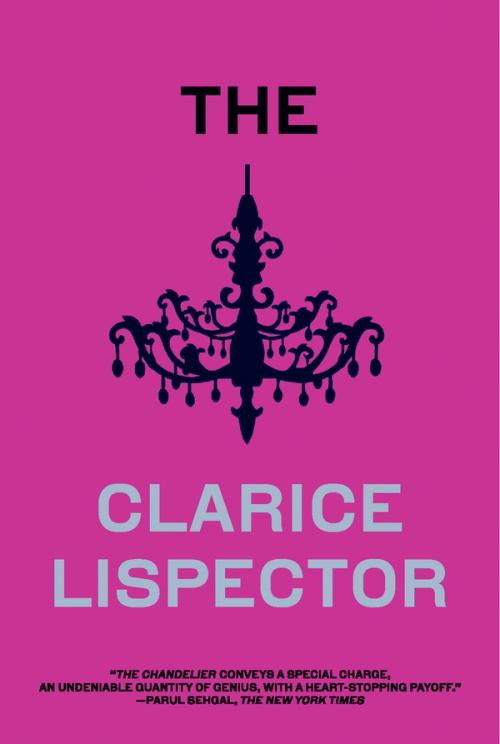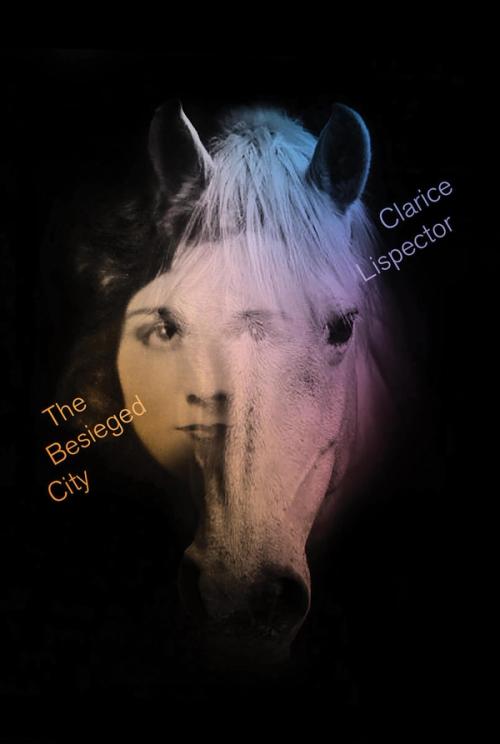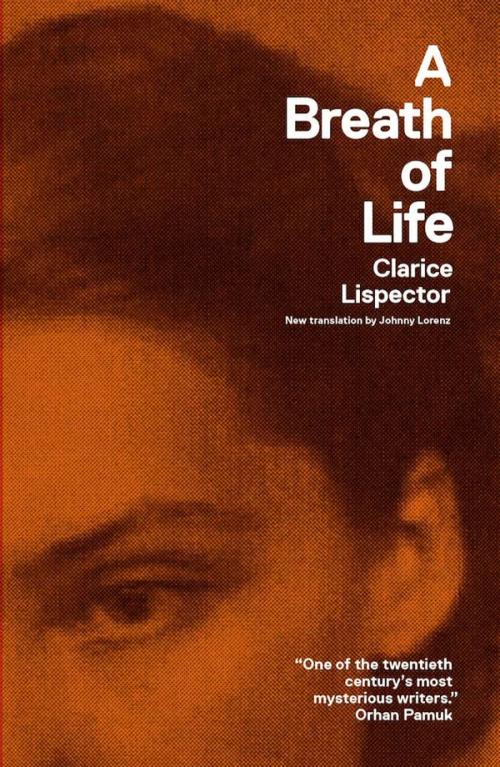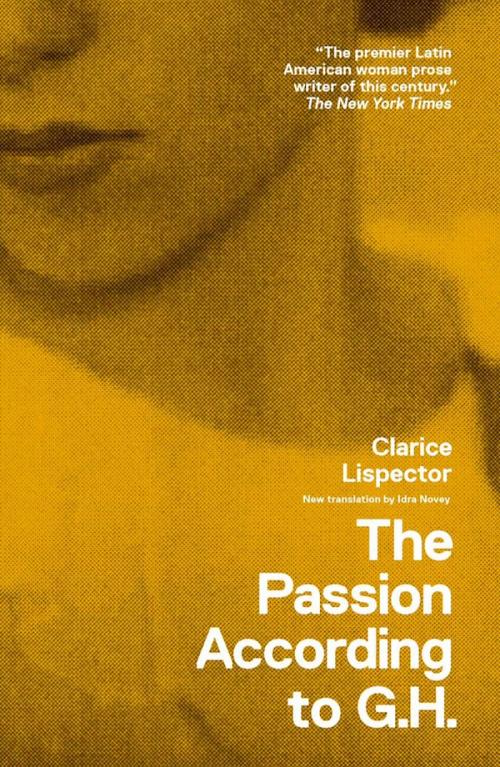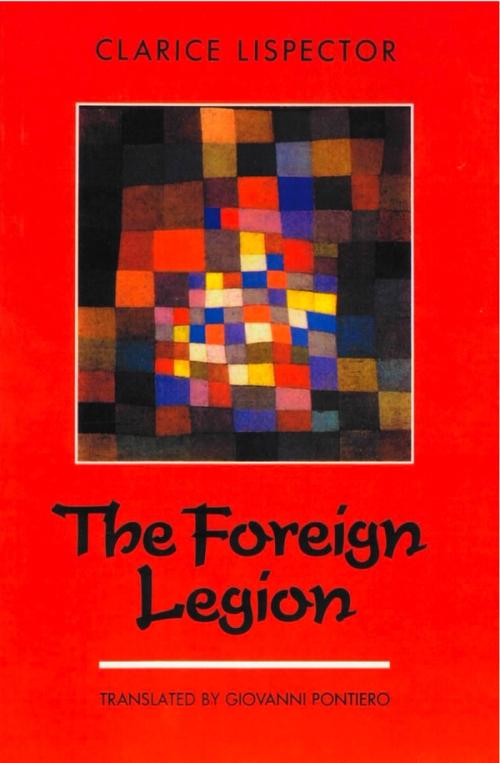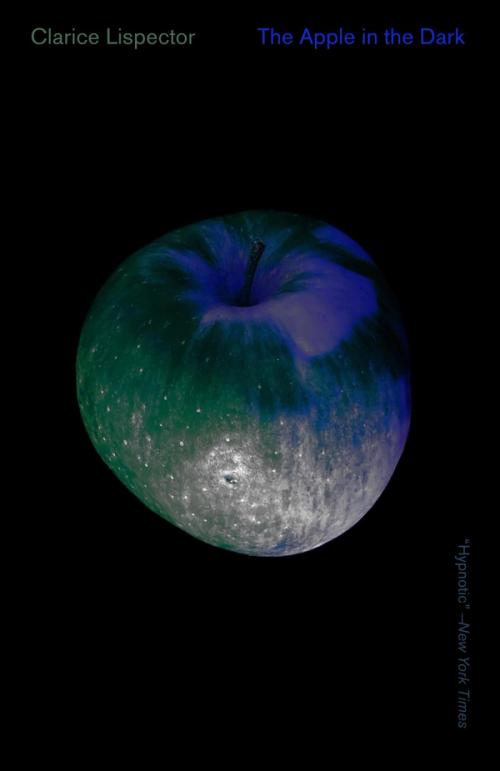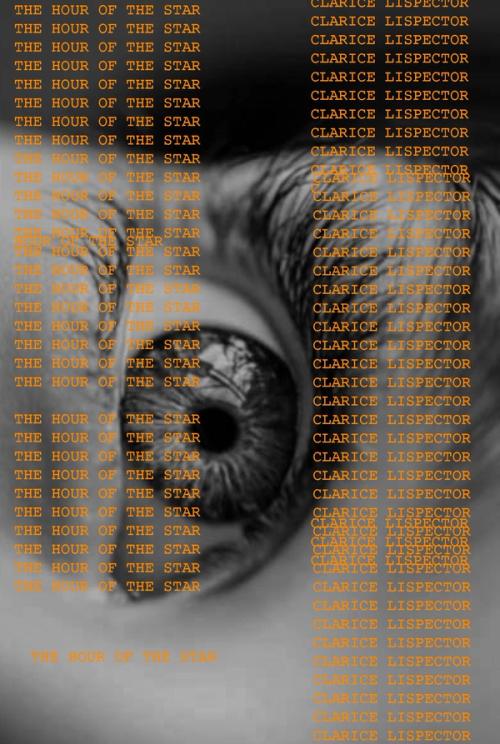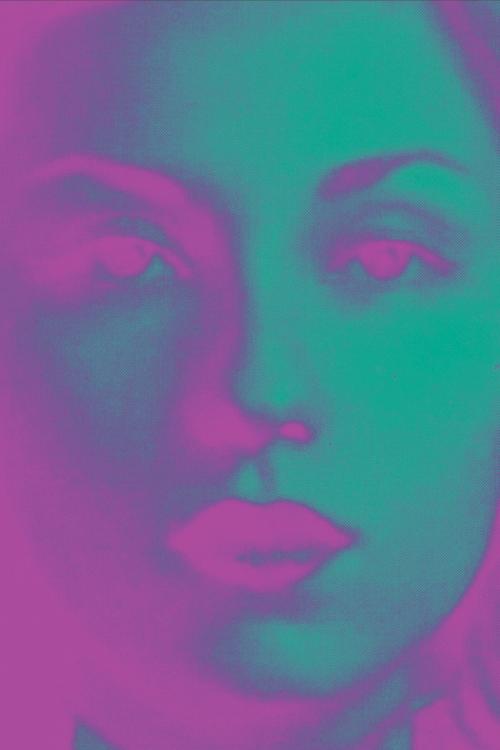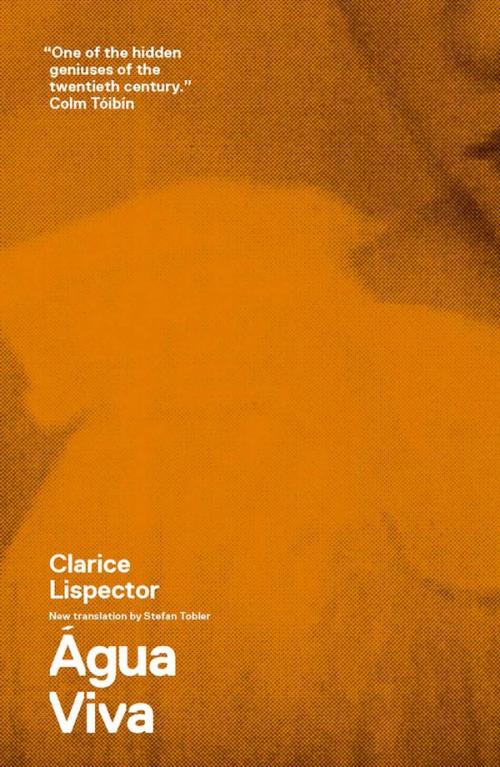Selected Cronicas
Fiction by Clarice Lispector
The chronicle, a literary genre peculiar to the Brazilian press, allows poets and novelists to address a wide readership on any theme they like. Lispector’s Saturday column from 1967 to 1973 in Rio’s leading newspaper, the Jornal do Brasil, was even by Brazilian standards extraordinarily free-ranging and intimate—astonishingly so to readers of US newspapers. The 156 crônicas collected here (variously taking the form of serialized stories, essays, aphorisms, conversations with taxi drivers, random thoughts, introspective revelations, memories) are endlessly delightful. Her insights make one sit up and think, whether about pets or children or society women or love or the business of writing.
Paperback(published Nov, 01 1996)
- ISBN
- 9780811213400
- Price US
- 14.95
- Trim Size
- 5x8
- Page Count
- 296
